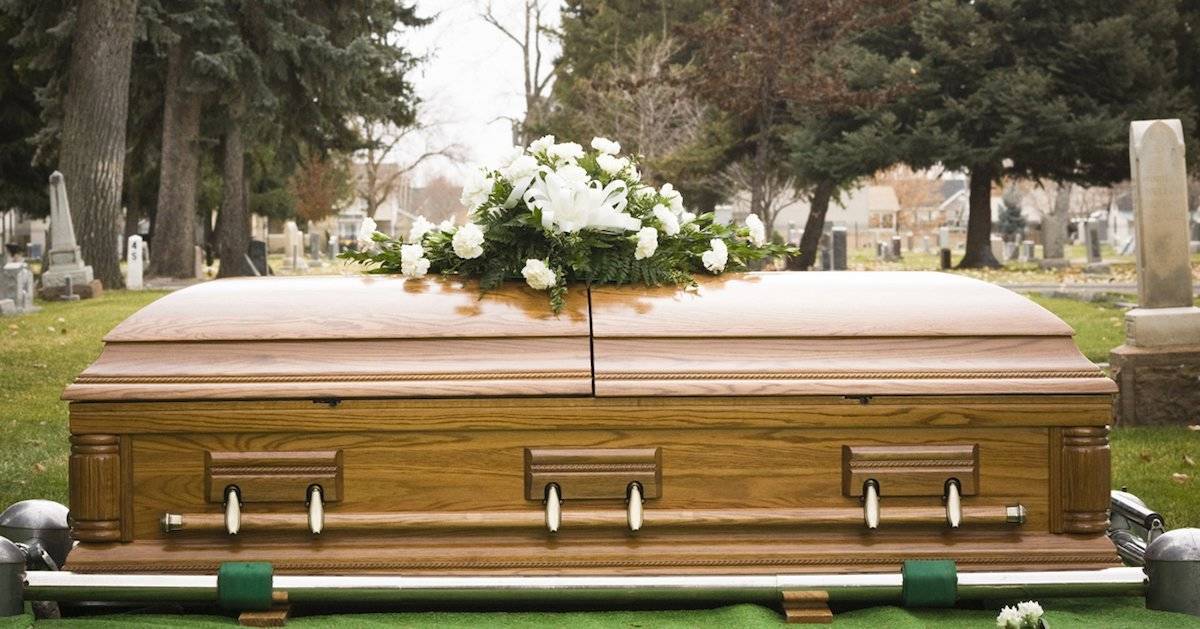I have been to good funerals and bad funerals. In fact, I’ve been to beautiful funerals and full-out dreadful ones. What distinguishes the best from the worst? In How to Finish the Christian Life, Don and George Sweeting offer their observations on the best ceremonies they have attended and officiated. Here are their five marks of a good funeral.
A good funeral is understandable and faith-building. That is, the funeral has been prepared in such a way that it is understandable to seasoned church-goers, unchurched visitors, and even children. “A great funeral takes a life that has been well lived (a life that exemplified the great truths and virtues of the Bible) and gently yet clearly sets forth what is important to admonish those listening.”
A good funeral is worshipful. Even while it comforts the bereaved, it also offers worship to God. At such an event people should “thank God for his goodness in the life of the newly departed. They will worship God because of His sovereignty and love. They will sing hymns of praise to God—along the lines of ‘How Great Thou Art’ or ‘How Great Is Our God’.”
A good funeral is Christ-centered. This is the ultimate distinction between a Christian and non-Christian funeral. “Because it is shaped by Christ’s death and resurrection, it abounds in hope.” Many services today primarily emphasize the life of the deceased, and in that way become more sentimental than theological. “There has been a shift in emphasis away from God, the Bible, and the great truths of the Christian faith that sustain us in the face of death.” A good funeral allows God to speak through his Word, so he can tell those who attend about the hope he offers through his Son.
A good funeral is well prepared. Obviously the person officiating the funeral should be adequately prepared, but the authors also suggest that, when possible, the deceased should make his or her wishes known in advance, perhaps by suggesting an appropriate scripture or hymn. They also mention the idea of preaching the funeral sermon from the
Bible of the deceased.
A good funeral is church-based. Finally, a good funeral is church-based. This does not necessarily require it is held in a church building but rather that it involves a church community. Such funerals “radically counteract the modern idea that death is a solitary event. Instead, the church family plays a primary role. Death becomes a community event. We don’t have to go through it alone. Instead, we are surrounded by others who share our sorrow.”










